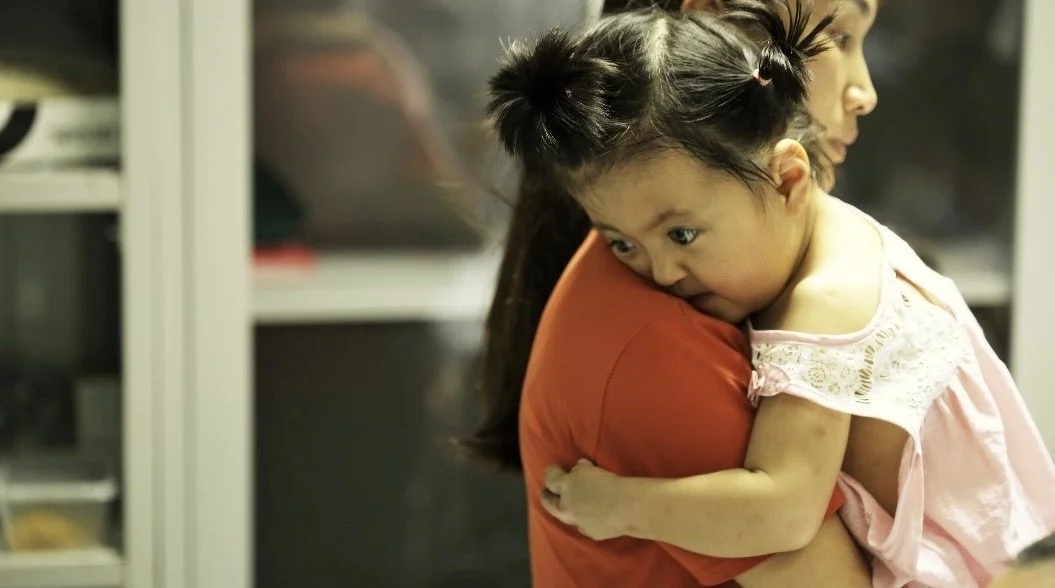
Paediatric Reconstructive Surgery
What is it?
Reconstructive surgery in children helps to repair or improve parts of the body affected by birth differences, injuries, or medical conditions. The aim is to restore both appearance and function, supporting a child’s wellbeing and development as they grow.
Craniofacial surgery is a specialised area that focuses on problems involving the bones and soft tissues of the skull and face. These conditions can affect how a child looks, breathes, sees, or eats. Surgical treatment can make a meaningful difference to a child’s function and quality of life.
Mr Eccles works closely with a team of specialists to provide personalised, family-centred care in a safe and supportive environment.
Mr. Eccles treats a wide variety of conditions, including but not limited to:
Congenital Paediatric Craniofacial Conditions: Corrective surgery for birth defects such as cleft lip and palate, craniosynostosis (premature fusion of skull bones), and other developmental anomalies in children.
Paediatric Acquired Facial Deformities: Reconstruction of facial deformities caused by trauma, disease, or prior surgeries.
Head and Neck Cancer Reconstruction: Complex surgical reconstruction following cancer removal, helping patients regain appearance and essential functions such as speech and swallowing.
Microsurgery: Precision surgery involving the transfer of tissue, nerves, or blood vessels to reconstruct areas with intricate structures, often essential in head and neck reconstruction.
Orbital and Periorbital Disease: Treatment of conditions affecting the eye socket and surrounding tissues, preserving eye function and appearance.
Neurofibromatosis Type-1 Lesions: Surgical management of benign tumors associated with this genetic condition, often requiring complex multidisciplinary care.
Osseointegration and Facial Prostheses: Use of advanced implants and prosthetic devices to restore missing facial parts for improved function and cosmetic appearance.
Multidisciplinary Approach for Optimal Care
Many of these conditions are complex and require collaboration across multiple specialties. Mr. Eccles works closely within multidisciplinary teams, including neurosurgeons, oncologists, ENT surgeons, paediatric specialists, radiologists, and therapists to ensure a comprehensive evaluation and coordinated treatment plan. In some cases, joint consultations with other experts (MDTs) are necessary to provide the highest standard of personalised care.

